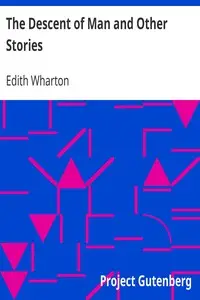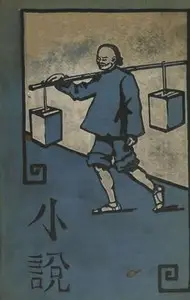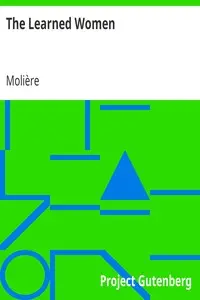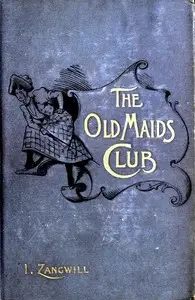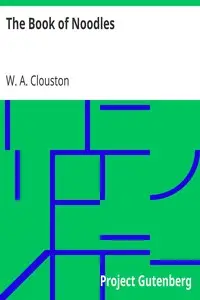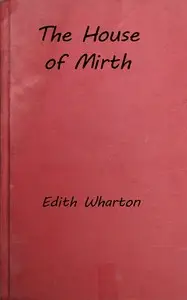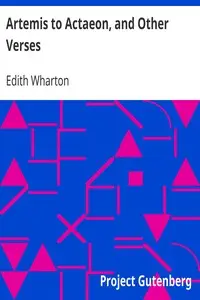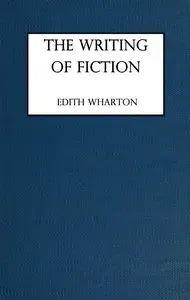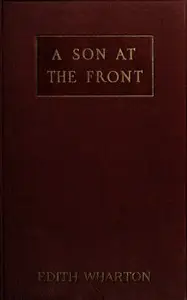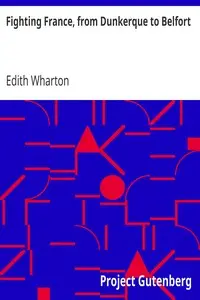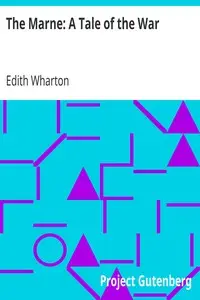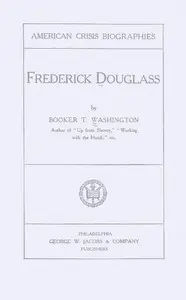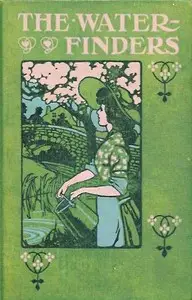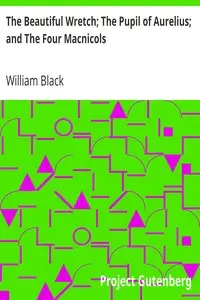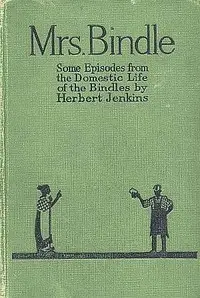"Xingu" by Edith Wharton is a humorous short story that cleverly examines the idea of pretending to be intellectual. The story revolves around the "Lunch Club," a group of women who want to seem cultured and knowledgeable. When a famous author named Osric Dane comes to visit, the women are eager to show off their understanding of important topics. Their conversations take a funny turn when they start talking about "Xingu," a subject they mistakenly believe to be something deep and meaningful. As they try to impress Dane, their discussions become more and more ridiculous, especially when one of the members, Mrs. Roby, accidentally leads them to even sillier ideas about what "Xingu" is. Finally, it turns out that "Xingu" is just a river in Brazil, exposing the gap between the women's desire to appear sophisticated and the superficiality of their conversations. Wharton uses this story to make fun of social clubs where people try too hard to seem intelligent, revealing the emptiness of their so-called intellectual activities.

Xingu
By Edith Wharton
A group of pretentious women hilariously fumble to impress a famous author with their knowledge, only to discover they've been arguing about a river the entire time.
Genres
Released
2008-01-03
Formats
mobi (images)
epub
epub (images)
mobi
epub3 (images)
txt
Free Download
Summary
About the AuthorEdith Newbold Wharton was an American writer and designer. Wharton drew upon her insider's knowledge of the upper-class New York "aristocracy" to portray, realistically, the lives and morals of the Gilded Age. In 1921, she became the first woman to win the Pulitzer Prize in Fiction, for her novel, The Age of Innocence. She was inducted into the National Women's Hall of Fame, in 1996. Her other well-known works are The House of Mirth, the novella Ethan Frome, and several notable ghost stories.
Edith Newbold Wharton was an American writer and designer. Wharton drew upon her insider's knowledge of the upper-class New York "aristocracy" to portray, realistically, the lives and morals of the Gilded Age. In 1921, she became the first woman to win the Pulitzer Prize in Fiction, for her novel, The Age of Innocence. She was inducted into the National Women's Hall of Fame, in 1996. Her other well-known works are The House of Mirth, the novella Ethan Frome, and several notable ghost stories.
Total Reviews
10.0k
Total reviews from Goodreads may change


